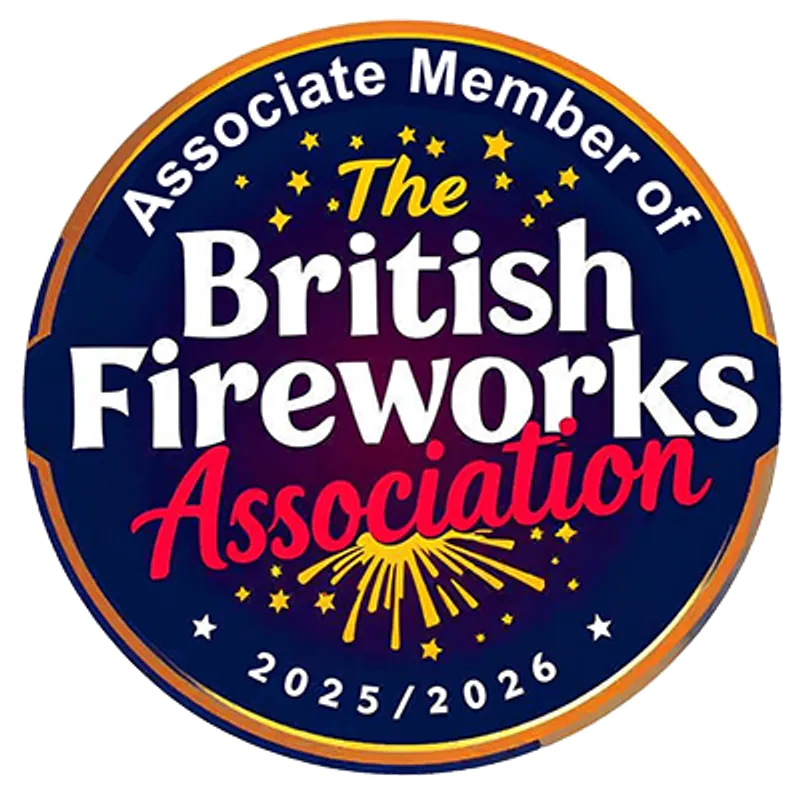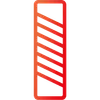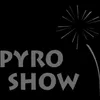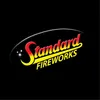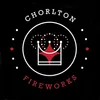Firework Laws in the UK: A Comprehensive Overview
Firework laws in the UK are more than just rules on a piece of paper. They're a fascinating blend of history, culture, and safety measures, intricately woven together to ensure that the vibrant displays we all love are enjoyed responsibly. From the historical changes influenced by the Troubles in Northern Ireland to the specific categories of fireworks and their unique restrictions, these laws are as diverse as the fireworks they govern. But it's not all about restrictions and regulations. There's also a focus on safety, with guidelines designed to ensure that everyone can enjoy fireworks without risk. And for those who step outside these laws? Well, the consequences can be severe. So, whether you're a fireworks enthusiast or just someone looking to understand the rules, this comprehensive overview of UK firework laws is for you.
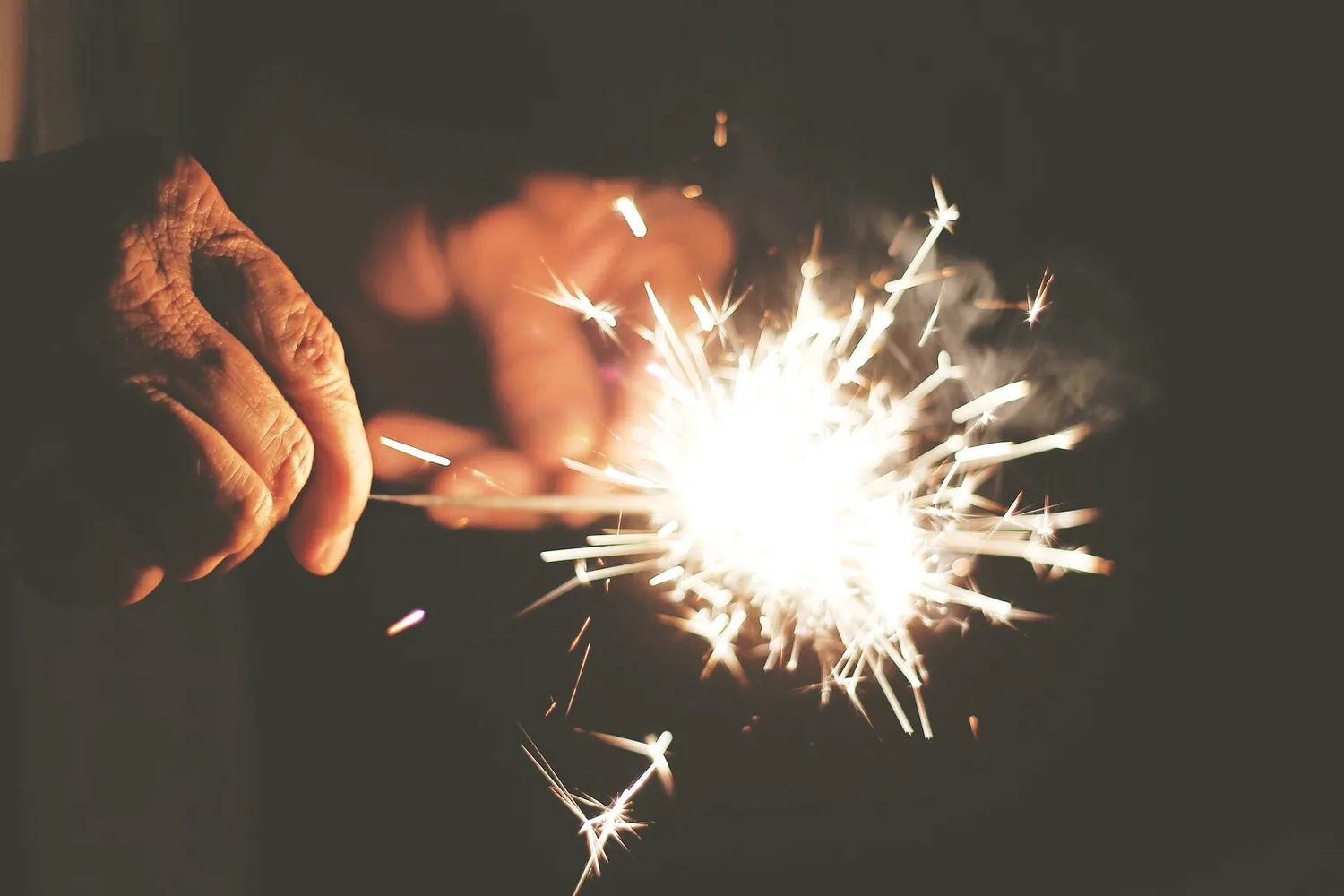
History of Firework Laws in the UK
Evolution of Firework Laws
The evolution of firework laws in the UK has been a dynamic process, influenced by various factors over the years. The laws and traditions around the use of fireworks in the UK go back as far as 1606, one year after Guy Fawkes' attempt to blow up Parliament. Fireworks in England, Scotland, and Wales are governed primarily by the Fireworks Regulations 2004, the Pyrotechnic Articles (Safety) Regulations 2015, and British Standards BS 7114. In Northern Ireland, fireworks are governed by The Pyrotechnic Articles (Safety) Regulations 2015, and Explosives (Fireworks) Regulations (NI) 2002. Over time, these laws have been refined to balance the enjoyment of fireworks with safety and public order.
Impact of the Troubles in Northern Ireland
The Troubles in Northern Ireland had a significant impact on firework laws. Until 1996, during the Troubles, fireworks were completely restricted, except for organised public displays. There were concerns that the noise of fireworks could be confused with the sound of bombs or gunfire, as well as fears that they could be used as weapons or parts of bombs. This led to stricter regulations and a complete ban on fireworks, except for organised public displays. This historical event underscores the influence of socio-political factors on the evolution of firework laws.
Understanding Firework Laws
Timing and Age Restrictions
Fireworks can be used in the UK any time from 7am to 11pm, with exceptions for special occasions. For Bonfire Night, the time extends to midnight, and for New Year's Eve, Diwali, and Chinese New Year, it extends to 1am. The law also stipulates that people under the age of 18 are not allowed to buy fireworks, nor possess them in a public place.
Types of Fireworks
The types of fireworks that are legally allowed in the UK fall into three categories: Category 1 (indoor), Category 2 (garden), and Category 3 (display). Category 1 fireworks are for use in extremely restricted areas. Category 2 fireworks must be safely viewable from 8 metres away. Category 3 fireworks must be safely viewable from 25 metres away. Fireworks that are louder than 120 dBA at 15 metres cannot be sold to the public.
Special Occasions
There are exceptions to the timing restrictions for special occasions. For Bonfire Night, fireworks can be used until midnight. For New Year's Eve, Diwali, and Chinese New Year, the time extends to 1am. These exceptions allow for the celebration of these important cultural events with the beauty and excitement of fireworks.
Categories of Fireworks
Category 1 Fireworks
Category 1 fireworks, also known as indoor or novelty fireworks, are designed for use in extremely restricted areas. These fireworks are generally low hazard and intended for use in confined spaces, including indoors. They must comply with BS7114 and be marked accordingly.
Sparklers are Category 2 fireworks.
Category 2 Fireworks
Category 2 fireworks, often referred to as garden fireworks, are designed for outdoor use in relatively small areas. These fireworks must be safely viewable from eight metres away. They provide a safe and enjoyable firework experience for smaller outdoor gatherings.
Fountains, strobes, and Catherine wheels are fireworks often made for Category 2.
Category 3 Fireworks
Category 3 fireworks, or "display" fireworks, are designed for larger open spaces. These fireworks must be safely viewable from 25 metres away, and must scatter no debris beyond a 20-metre range. They are typically used in larger public displays and offer a more intense and spectacular experience.
Rockets, mines, and barrages are popular fireworks in Category 3.
Category 4 Fireworks
Category 4 fireworks, known as "professional" fireworks, are the most powerful category and are for sale only to fireworks professionals. These fireworks have no restrictions and are the default category for any firework which has not been tested to confirm that it should be in one of the lower categories. Due to their power and potential for harm, these fireworks should only be used by trained professionals in controlled environments.
Banned Fireworks and Restrictions
Types of Banned Fireworks
In the UK, certain types of fireworks are strictly prohibited. These include bangers, mini-rockets, and fireworks known as "mortar shells". These fireworks are considered to be too dangerous for public use due to their explosive power and unpredictable nature. It's important to note that these restrictions apply to all individuals, regardless of whether they are professionals or not. Always check the packaging of fireworks for the CE mark, which indicates that they are safe and legal for use by the general public.
They can cause serious injuries, start fires, and even result in death. Additionally, the loud noises they produce can cause distress to individuals, particularly those with sensory sensitivities and to animals. The restrictions aim to ensure public safety and minimize the potential for harm.
Consequences of Breaking the Law
Fines and Penalties
In the UK, the consequences of violating firework laws are quite severe. If you're caught selling or using fireworks illegally, you could face an unlimited fine and be imprisoned for up to six months. Additionally, there's an on-the-spot fine of £90 that can be levied. These penalties are designed to deter individuals from misusing fireworks and to ensure that everyone can enjoy them safely.
Legal Consequences
The legal consequences of violating firework laws extend beyond just fines and potential jail time. For instance, if you're under 18, you're not allowed to buy fireworks, which include category 2 and 3 fireworks. It's also against the law to set off or throw fireworks (including sparklers) in the street or other public places. Violating these laws can lead to legal repercussions, including criminal charges.

Safety Tips for Using Fireworks
General Safety Tips
When it comes to fireworks, safety should always be the top priority. It's essential to only buy fireworks with a CE mark, which indicates they meet the necessary safety standards. Always light fireworks once they are mounted in the ground, at arm's length using a taper, and stand well back. Never go back to a lit firework, throw fireworks, or put them in your pockets or clothing. Remember, fireworks are explosives and should be treated with respect.
Safety Tips for Different Types of Fireworks
Different types of fireworks require different safety measures. For instance, sparklers should be lit one at a time while wearing gloves, and used sparklers should be placed in a bucket of water. Never give sparklers to children under five. It's also important to keep pets indoors throughout the evening to protect them from the noise and potential hazards.
Best Practices for Firework Use
Using fireworks safely and legally involves following certain best practices. It's illegal to sell fireworks to someone under the age of 18 or to light fireworks in a public place. Always respect your neighbours by not letting off fireworks late at night, and remember there are laws to follow. If you're planning a display, consider attending an organised event instead of holding one at home. This not only ensures safety but also helps to avoid putting unnecessary strain on emergency services. It’s important if you are buying and setting up your own firework DIY display that you ensure you know how to use fireworks safely at home.
How to Buy and Use Fireworks Legally
Regulations on Storage
Fireworks storage in the UK is regulated by the local authority Trading Standards office, and anyone wishing to store or sell fireworks up to 2 tonnes net explosive content must be registered or licensed. The specific licensing authority depends on the location and the amount of fireworks to be stored. For instance, in West Midlands, Merseyside, Greater Manchester, Tyne and Wear, South Yorkshire, and West Yorkshire, the fire service is responsible for licensing. In other areas, the local council's trading standards department is the authority. For storing or selling more than 2,000kg (net explosives content), a licence from the Health and Safety Executive is required. In Northern Ireland, registration with the Northern Ireland Office is necessary. You may also want to consider a plan for responsibly disposing of fireworks, especially those that failed to go off.
Regulations on Sale
The sale of fireworks is also regulated, with specific times of the year when fireworks can be sold without a licence. These times include from 15 October to 10 November for 5 November celebrations, from 26 December to 31 December for New Year's, the first day of Chinese New Year and the three days before it, and the first day of Diwali and the three days before it. To sell fireworks outside these times, a licence is required from either the local council or the local fire service.
Chorlton Fireworks has a licence to sell fireworks all year round, so if you have a birthday coming up or need to stock up for your business, we’ve got you covered.
Licensing Requirements
The licensing requirements for storing and selling fireworks are stringent and vary depending on the amount of fireworks and the location. For storing or selling up to 2,000kg (net explosives content), a licence from the local council or fire service is required. For more than 2,000kg, a licence from the Health and Safety Executive is necessary. In Northern Ireland, registration with the Northern Ireland Office is required.
In the UK, the laws surrounding fireworks are comprehensive, covering everything from their history, current firework regulations, categories, and banned types, to the consequences of violating these laws. It's crucial to understand these laws, whether you're a retailer or a consumer, to ensure safety and legal compliance. The regulations on storage and sale are particularly stringent, requiring licensing and adherence to specific times of the year for sales. The penalties for violations can be severe, including fines and legal consequences. However, with the right knowledge and adherence to safety tips, fireworks can be enjoyed safely and responsibly. Remember, fireworks aren't just about the spectacle; they're about celebrating safely and legally.
350 Barlow Moor Rd
Chorlton
Manchester, M21 8AZ
07810 222123
info@chorltonfireworks.com
